8 Reasons Your Dog Won’t Eat or Drink
Advertisement
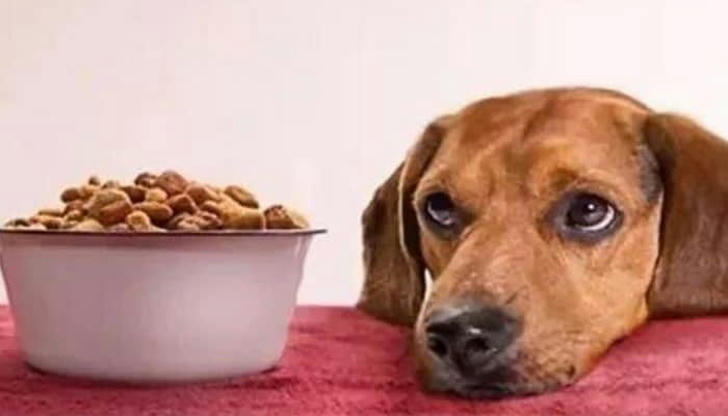
Dogs, our special furry friend, all love and enjoy their foods. They'll often devour anything you put in front of them without hesitation. However, all of a sudden you notice your dog refuse its mealtime, there must be something wrong. Since dogs can’t talk, you can’t tell the reason of their abnormal in eating behavior. Like our human, dogs needs a daily balanced diet to grow up big and strong. Thankfully, here’s several reasons explaining potentially why your dog won’t eat or drink. Get to know what they are and figure out how best to help them eat as they should.
1. Simply not hungry and thirsty
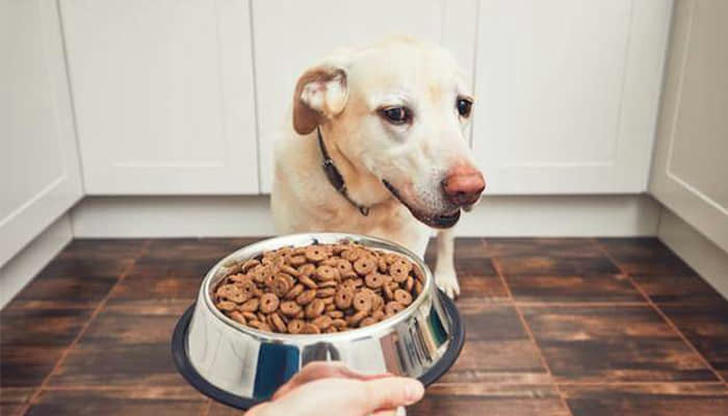
In some cases, your dog refuse to eat simply because he is not hungry. Generally, the signs of hunger are seen within 24 hours, which means your dog may refuse eating if they have eaten or drink since he was fed within 24 hours. Too much treats will not only lead to overfeeding, but also affect their appetite in the long run.
2. Dental problems
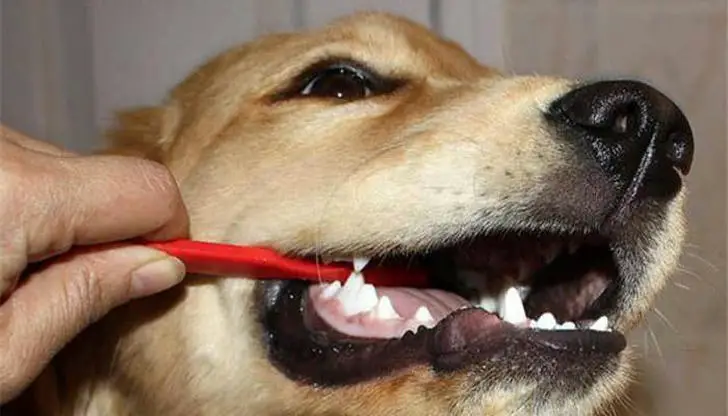
Dental issues are quite common amongst dogs. Because they lack the ability to express the pain, problems often go unnoticed. When dental problems arise, a dog may reduce his food intake drastically as he feels pain when eating. And if you leave the problems untreated, they may worsen. A mouthful of healthy teeth is essentially important for your dog. Have them checked for a broken or loose tooth, or severed gingivitis or even an oral tumor.
3. Upset Stomach
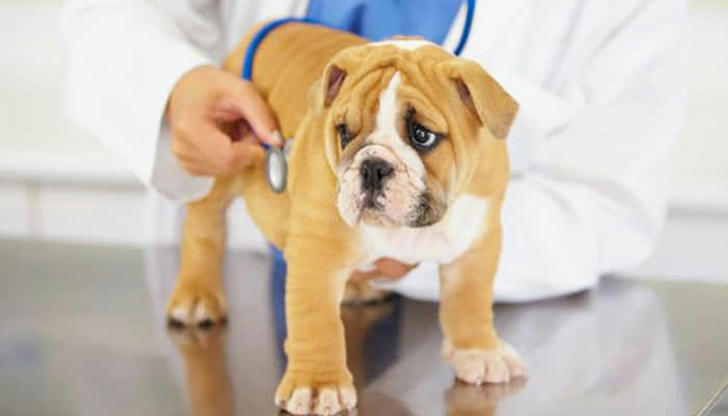
Another reason may be that your dog may have eaten something that doesn’t agree with them, or they have an upset stomach. Even the most well-trained dog is tempted to gobble up trash, bugs, and other seemingly tasty objects. When this happens, the dog will probably experience some stomach pains and attempt to get rid of whatever they ate. If you notice they start to vomit or eat grass, they’re probably experiencing a terrible tummy ache. Offer them with stomach relief medicine after consulting the vet, or give them some boiled chicken and rice.
4. Pickiness
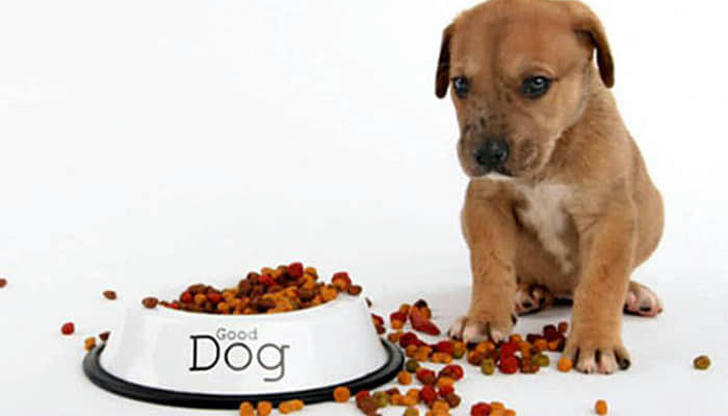
Like toddlers, some dogs are just plain picky about some certain food being offered. It may come as a surprise to many owners, but dogs will develop a taste for what they like over time. They may simply refuse to eat because dislike certain vegetable flavors or items that make them suddenly stop from eating. If that's the case, it's time to find something your picky pal will enjoy! Or you can add some topper to make the meal more appealing.
5. Your dog is experiencing anxiety
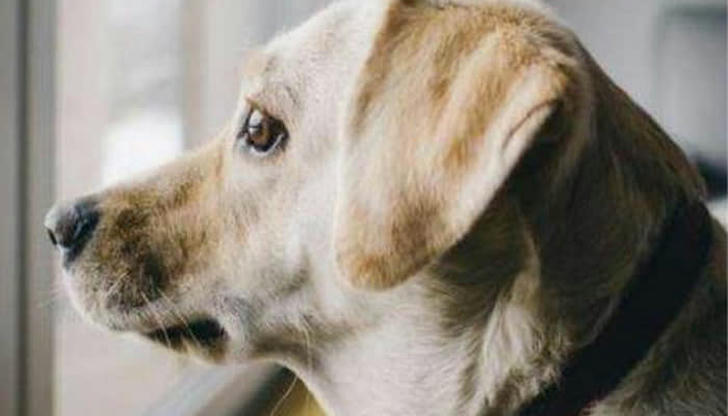
Just like humans, dogs can experience their downturn and feel anxiety for several reasons. When you find their focus is on fight or flight rather than their need to eat or drink, they may probably experiencing a period of anxiety. If this happens, treat them with some anxiety aids, give them behavioral modification, or keep them provision of a safe space.
6. Unfamiliar surroundings
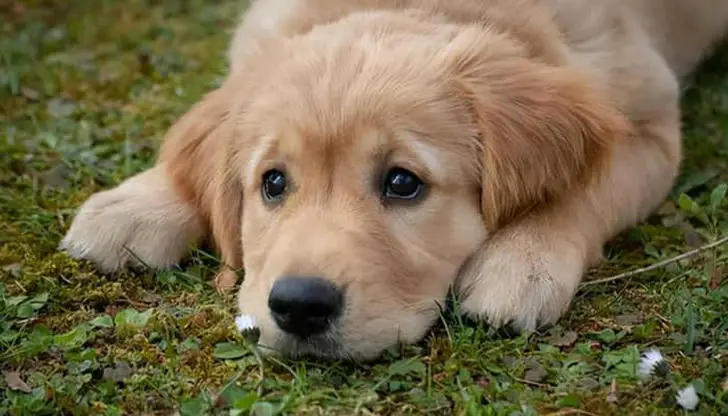
Suddenly lose their appetite with no signals before – it might be your dog having issues coping with the environment. Watch closely it you’ve recently moved or are on vacation. Calm the dog down, and make them feel comfortable and welcome. In some cases, something as simple as moving their dish into a new room can cause problems.
7. Recent vaccinations and new medications
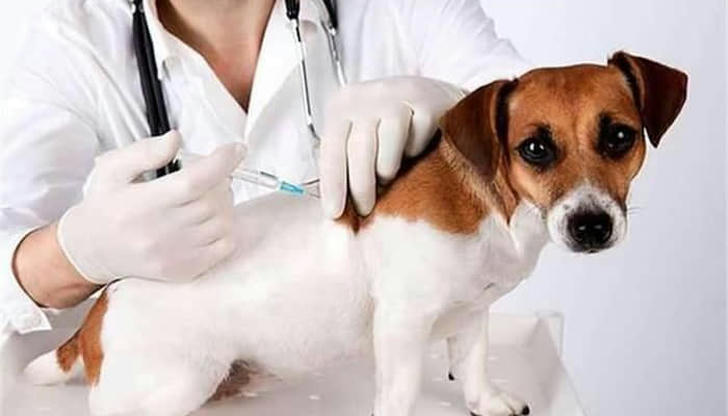
A visit to the vet can cause a lingering feeling of stress for your dog, which may cause a temporary loss of appetite. If changes in eating coincide with a new medication, or if your dog stops eating for more than two days following a vaccination, either of those could be the culprit. Give your vet a call to discuss – it’s crucial that your veterinarian is aware of your dog’s reaction to recent vaccination.
8. Spoiled food
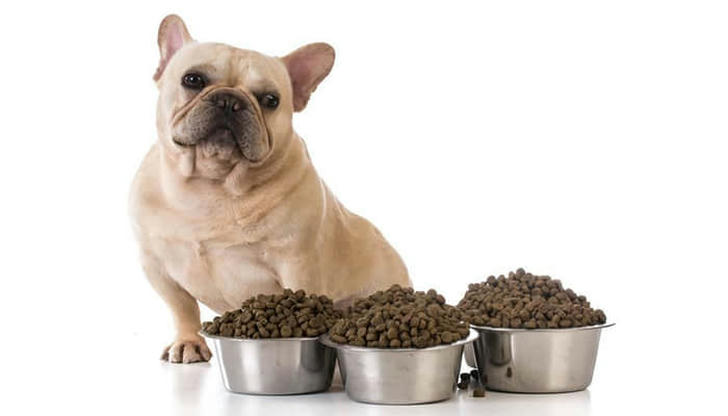
Pet food spoils like human food does. Spoiled foods are unsavory to your dog, so they’ll avoid. Always check the expiration dates and the food itself. If you notice any funny smell, visible mold or other concerning things, get rid of the old food and get something new immediately.



